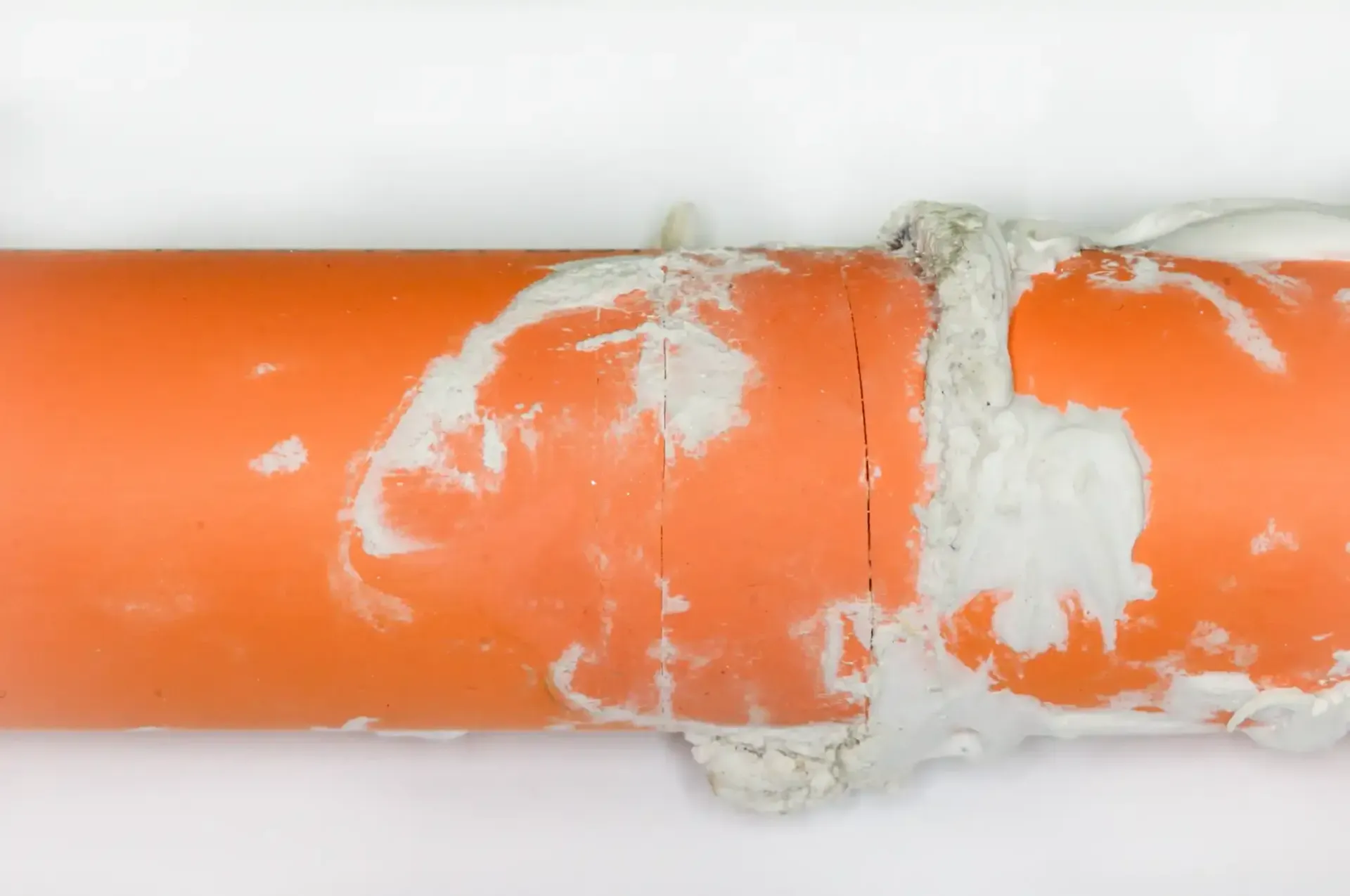Plastic and Rubber Failure Analysis Services
Diagnose material failures with precision. Our polymer experts identify root causes in plastic and rubber components to prevent costly breakdowns and improve product reliability.
Polymer Failure Analysis
Failure analysis is the systematic investigation of why a material or product fails in service. At iPolytech, we specialise in analysing failures in plastics, rubbers, and polymeric materials—helping manufacturers, engineers, and product designers uncover the root causes of cracking, fatigue, degradation, and more.
Whether you're dealing with a fractured water meter, a split seal, or a deformed housing, our lab-based diagnostics provide a comprehensive evaluation of failure mechanisms. We combine optical microscopy to characterise fracture surfaces, chemical analysis to assess material composition and quality, and mechanical testing to quantify component properties under load to deliver actionable insights. We don’t just identify what went wrong—we equip you with the insights needed to prevent recurrence and improve long-term reliability.
Our services are trusted across industries including automotive, utilities, consumer goods, and medical devices. With fast turnaround times and clear reporting, we make failure analysis accessible, reliable, and results-driven.
Common Failure Modes in Polymer Components
Understanding how and why materials fail is essential to improving product performance and preventing costly downtime. At iPolytech, we specialise in identifying the most frequent failure modes in plastics, rubbers, and polymeric materials across a wide range of industries.

Failure of polymer components is rarely attributable to a single, isolated cause.
More often, it results from a complex interplay of factors which ultimately lead to premature failure.
Understanding these interactions requires an approach to failure analysis that considers the physical evidence and also the operational context, service history, and knowledge of material behaviour under real-world service conditions.
Chemical Interactions
Polymer materials are vulnerable to degradation and cracking when exposed to chemical agents and environmental stressors. Key failure mechanisms include environmental stress cracking (ESC), solvation and plasticisation, and chemical attack, each capable of compromising structural integrity. Specific interactions with common household or industrial substances—such as cleaning agents, oils, or solvents—can rapidly induce crazing, brittle fracture, and premature product failure, especially under mechanical load or elevated temperatures.
Degradation
Polymers are sensitive to heat, ultraviolet (UV) light, and other forms of radiation. Without adequate stabilisation, they are prone to rapid structural degradation, which can manifest as surface discoloration, embrittlement, cracking, and ultimately, mechanical failure. These effects are particularly pronounced under prolonged exposure to elevated temperatures, intense UV radiation, ozone or oxidative environments, where the polymer’s molecular structure becomes compromised.
Incorrect Material Selection
Using an incorrect material for an application is a common cause of polymer failure. A lack of understanding of polymer interactions with chemicals, environments, and long-term responses often leads to premature failure.
Creep and Fatigue
Plastic and rubber products are sensitive to long-term mechanical loads. These loads can be static - resulting in creep of the material - or dynamic loads inducing fatigue mechanisms. Over time, Creep and fatigue cause the strength and stiffness of plastic components to be significantly lower than the nominal values quoted on standard data sheets. A lack of understanding or consideration of the significance of long-term mechanical effects is a common and preventable cause of premature failure in polymer-based systems.
Notches and Defects
Many polymers are inherently notch-sensitive materials, meaning that surface notches, defects, or stress concentrators can significantly reduce their mechanical strength and trigger brittle failure, even under moderate loading conditions. While poor component design may introduce geometric notches—such as sharp corners, grooves, or abrupt transitions—internal features like voids, inclusions, weld lines, and microstructural irregularities can also behave as notch-like defects.
Incorrect Component Design
Product design is fundamental to ensuring plastic component long term durability. Incorrect design exposes polymeric material weaknesses to long-term loads, chemical environments, high-speed impacts, and fatigue—resulting in brittle failure within a short service life.
Advanced Material Failure Analysis for Engineering Reliability
Case Studies: Real-World Polymer Failure Investigations
Contact Us
Discuss your plastics failure investigation with our experienced analysis team.



